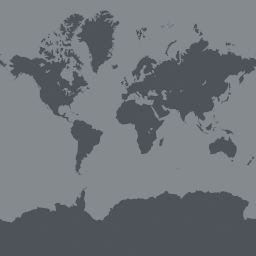Mozambique is one of the world's poorest countries, and with 68 per cent of the population living in rural areas there is a high dependency on natural resources. With a high population growth rate (2.7 per cent) biodiversity is increasingly coming under pressure. The immediate goal of the Mozambican government is to reduce poverty through sustainable development. Therefore, there is increasing urgency for the Mozambican biodiversity sector to provide information on biodiversity priorities to support land-use decision making.
Whilst Mozambican biodiversity institutions hold a wealth of primary biological data on fauna and flora, very little of this information has been digitized and so is not readily accessible. Further, the majority of Mozambique’s endemic and near-endemic species have not been assessed for their conservation status using the IUCN Red List criteria. Through this project, Mozambican institutions and their international partners will produce a checklist and national Red List of endemic and near-endemic species for plants, birds, reptiles, amphibians, insects and fish.
Together, the project partners will mobilize more than 5,000 specimen and observation records from which spatial data will be included in a land-use decision making tool, accessible via the national Biodiversity Data portal BioNoMo and in international databases to support decision making (IUCN Red List and IBAT).
Capacity development will be a further focus of this project, enhancing the skills of Mozambican biodiversity institutions in data management, specimen identification, digitization, geo-referencing, and Red List assessments. Finally, the project will catalyze the process of Mozambique becoming a GBIF participant.
Project Progress
The project has employed and trained three staff members in data digitization techniques and transcribing data from specimen labels using both BRAHMS and SPECIFY database systems. In addition, database systems have been installed for the University Herbarium, National Herbarium and the Natural History Museum.
As it stands so far, the project has 244 records of 48 plant species successfully on the BRAHMS database. Data collection has been conducted based on a list of around 800 species of endemic/near-endemic plants for the country before the project began. Following a Red List Species workshop in February as part of the project, a priority list of 126 plants was defined. Over 150 records of fauna from 42 species of Lepidoptera and 5400 records of birds and insects are on the SPECIFY systems held at the Agricultural Ministry and the Natural History Museum respectively.
Future work will include the formatting of data records to match Darwin Core Standards and completion of metadata to prepare data for publication. Hosting options are also being established, with an IPT server to be installed at the Natural History Museum, enabling long term options for data hosting.


